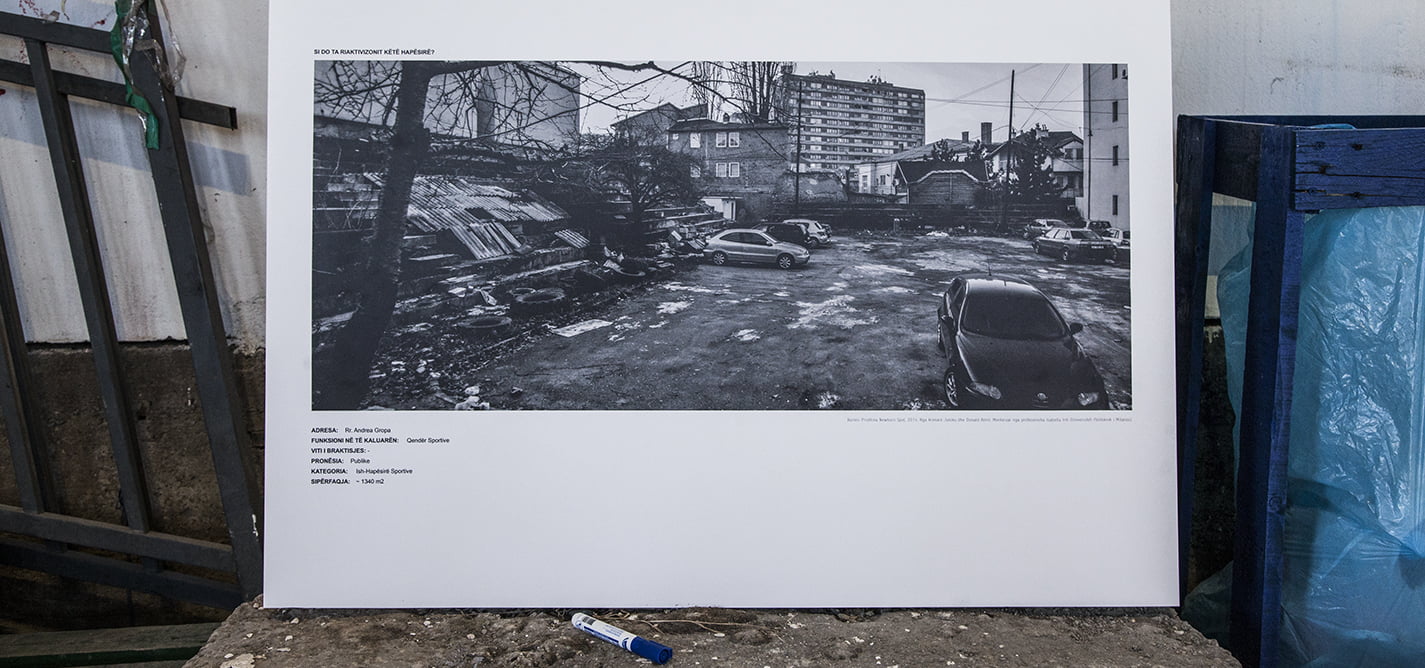
How do we reclaim Prishtina’s common grounds?
K2.0’s latest event discusses revitalizing public space.
|04.07.2017
|

Hoi Mun Yee
Hoi Mun Yee is a K2.0 editorial intern (summer 2017), who previously spent three months in the Balkans learning about post-war reconciliation processes and minority rights. He is a Malaysian journalism student studying at Drake University in Iowa, USA
This story was originally written in Albanian.